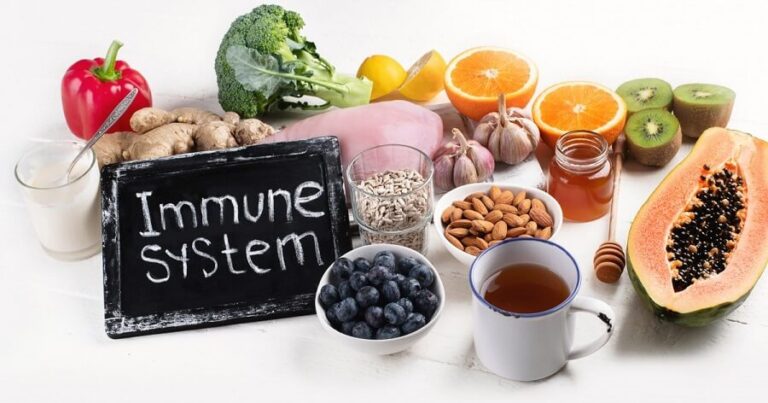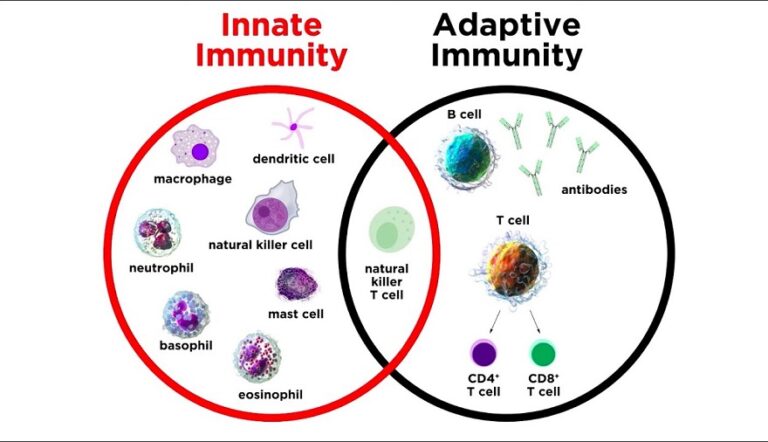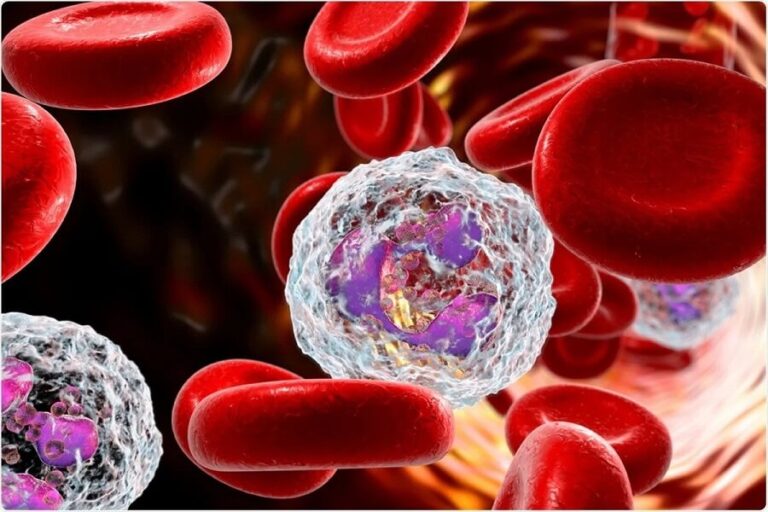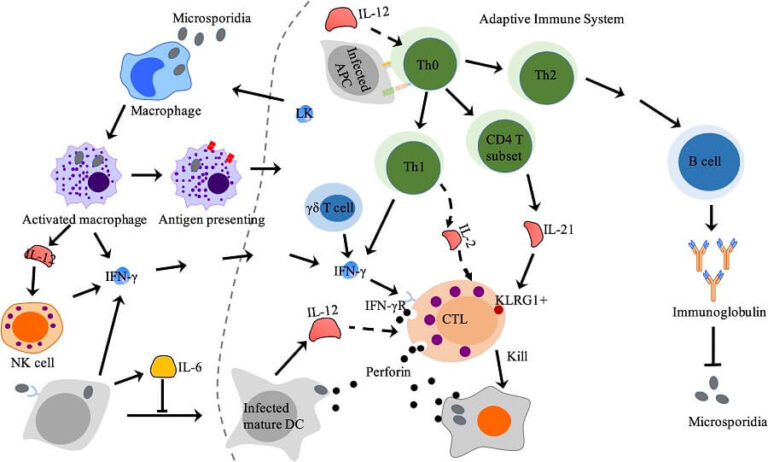There is a lot of information circulating on the Internet about the new coronavirus (COVID-19), and depending on the source, it may or may not be accurate. Misinformation can have severe consequences during the pandemic.
Hairdryer, colored baths, children’s urine…. Some people have tried everything to protect themselves from COVID-19.
This article will tell you ten myths and truths about the coronavirus with proven evidence and support from official sources.
- MYTH – children cannot get coronavirus
The children have less chance of developing severe illnesses from the coronavirus but may become infected and get sick. They are more likely to be affected the younger they are (12 months and younger). (1)
The risk of contracting coronavirus is lower for children at home who are not exposed to other children in school, daycare, or public spaces. If you have children in charge, teach them to practice preventive habits such as good hand hygiene and avoid kissing the lips or sharing drinks.
- MYTH – masks protect you from coronavirus
Masks can give a false sense of security. For this reason, the WHO does not recommend its use for the majority of the population. (2) Wearing a mask probably won’t hurt you, but it’s not always necessary. The masks should be used in hospitals as a reminder not to touch the face and reduce the probability of contagion to patients.
For the general public, masks could make you touch your face more and increase the chances of contagion. You should wear a mask if advised by medical professionals or when you have any of the symptoms of COVID-19, such as coughing or sneezing.
- MYTH – The COVID-19 virus cannot be transmitted in areas with hot and humid climates
Another misconception is that the COVID-19 virus cannot be transmitted in areas with hot and humid climates. According to the WHO, the new coronavirus is sent in hot and cold temperatures. (3)
Regarding this myth, the journal Nature has published an article that reports: – It is not clear if COVID-19 transmissions will be affected by the variation in seasonal temperatures. (8)
According to the Nature article: due to the high number of cases in many countries, continuous transmission of the virus can occur during the summer, overcoming any seasonal variation found in more minor epidemics.
While the proximity of warmer climates may reduce viral transmission in the Northern Hemisphere, it is doubtful that the environment itself could end the COVID-19 epidemic.
- MYTH – Mosquitoes can transmit the new coronavirus
The possibility of catching Covid-19 through mosquito bites worries many. According to the WHO: “To date, there is no information or evidence indicating that 2019-to
can be transmitted by mosquitoes.” (3)
The new coronavirus is transmitted from person to person, mainly from symptomatic individuals, although there is evidence of transmission from asymptomatic people. The main transmission route is by respiratory droplets (coughing, sneezing) and by contact.
In addition, the virus can remain in the environment on various materials for varying periods. The possibility of transmission through fecal matter has been raised, but it is a mechanism that is still under study. The virus can remain in the environment on various materials for varying periods of time.
- MYTH – Pets can transmit the new coronavirus
Pets have not been identified as sources of transmission of the virus. The animal members of your family should not be a concern during the pandemic.
The WHO declares – that there is no evidence that the coronavirus that causes COVID-19 can infect companion animals and neither that they can transmit it to people or other animals “. In any case, animals “can function as passive carriers of viral particles.”
Animal health specialists explained that the feline coronavirus and the one that affects dogs are genetically different from the coronavirus (SARS-CoV-2) that causes COVID-19. (4)
Don’t abandon your pets; If you need support, turn to a friend or family member. If you need to ration your food, do so. If you are going to change your diet for something cheaper, find out well. If you do not have a patio, you can take them out on a leash, but avoid being in the street and public places if it is not necessary.
- MYTH – Coronavirus can be cured by bathing the body with alcohol or chlorine.
Some recommend spraying the body with alcohol or chlorine to kill the coronavirus—the WHO explains that this does not work to kill the viruses that have once entered our body. It warns that spraying these substances on the body can damage our skin, mucous membranes, and clothing.
The most recommended measure to prevent infection by the new coronavirus continues to be washing your hands frequently with soap and water, or failing that, cleaning with an alcohol-based disinfectant.
- TRUTH – encouraging your children to practice good hand hygiene can make a difference
Good hand hygiene is always one of the best ways to prevent the spread of the virus. If children can learn early, they can improve their hand hygiene skills.
If school-age children use disinfectant at least four times a day, it can reduce illnesses by 25 percent. (9)
In addition, studies have made it clear that most children do not wash their hands properly, so it should be of great importance that parents teach good hygiene practices during the pandemic. (5)
WHO continues to reaffirm that the best way to prevent Coronavirus infection is to “avoid close contact with anyone with a fever and cough, and practice good hand and respiratory hygiene.”
- MYTH – The new coronavirus can be killed with a hand dryer
Due to the pitiful statements (Okeechobee County Commissioner in the US), the myth has spread that the new coronavirus can be killed with a hand dryer.
Culpeper said that because the nasal passages and nasal membranes are “the coldest part of the body,” the virus settles there before going to the lungs. “Heating those nasal passages will kill the COVID-19 coronavirus.” And to do that, you can take a hairdryer, hold it to your face and inhale. (6)
After this rumor, the WHO has published explicitly on its page that hand dryers do not kill the coronavirus. (3) To protect against the new coronavirus (2019-nCoV), wash your hands
frequently with a hydroalcoholic gel or soap and water. Once clean, dry them well with paper towels or a hot air dryer.
- MYTH – Eating garlic or ginger prevents or cures new coronavirus infection
Despite its antimicrobial properties, there is no scientific evidence that affirms that garlic or ginger can ensure the prevention of the new coronavirus.
However, studies have confirmed the benefits of ginger for the common flu. Fresh ginger could stimulate mucosal cells to secrete ( interferon beta IFN-β) and possibly helps to counteract viral infection. (7) It is not a safe method of prevention.
- Neither Cocaine nor infant urine can help you against the coronavirus.
In addition to the fact that Cocaine is an addictive drug that is very harmful to health, the consumption of Cocaine does not kill the coronavirus.
On the other hand, information has circulated that washing hands with infant urine could prevent infection by the new coronavirus. This is a myth.
Both are unsafe and unhealthy behaviors so prohibiting these two behaviors have been added to the advice on coronavirus rumors on the WHO site. (3)
SARS-CoV-2 is a new type of coronavirus discovered in late 2019. COVID -19 disease can be asymptomatic for the first 14 days, after which it is characterized by mild symptoms such as a dry cough and fever. In approximately 5-10% of cases of coronavirus infection, complications requiring mechanical ventilation are observed. Debunking the myths about this disease is of utmost importance to minimize the consequences of the pandemic.







